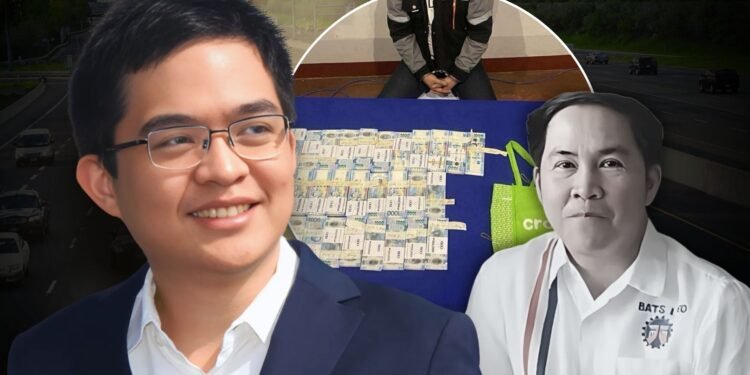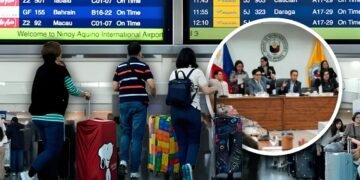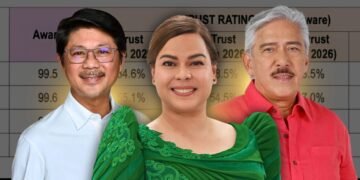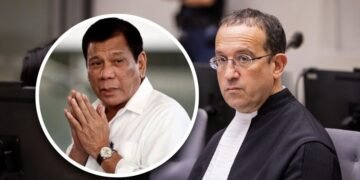Abelardo Calalo, District Engineer of the DPWH Region IV-A 1st District Engineering Office, has formally denied allegations of corruption and violation of the Anti-Graft and Corrupt Practices Act filed by Congressman Leandro Antonio Leviste.
In a press statement dated September 5, 2025, Calalo submitted his counter-affidavit, branding the accusations as “contrived” and part of a “political agenda.”
Calalo, who has served the 1st District Engineering Office for just over a year, emphasized that he only first met Congressman Leviste in December 2024.
He detailed a series of meetings with Leviste, Senator Loren Legarda, and Congressman Jojo Ang following the 2025 elections, where he claimed he was instructed to “take care” of district projects and collect donations from contractors to support the programs of Leviste.
In his affidavit, Calalo recounted that Congressman Jojo Ang explicitly told him in May 2025 to solicit contributions from contractors involved in ongoing DPWH projects.
He added that by August 2025, he was repeatedly pressed to provide information on contractors supposedly tied to former Congressman Eric Buhain, whom Leviste allegedly sought to implicate in corrupt bidding practices.
Calalo further alleged that Leviste himself raised the idea of pegging contractor contributions at ten percent of project costs, estimating possible collections of up to ₱360 million.
He claimed that despite his reluctance, he was pressured to bring contractor donations to Leviste’s office, where he was arrested before handing anything over. The donations, according to Calalo, were seized by police without being received by the congressman.
The district engineer strongly denied attempting to bribe Leviste, asserting that the incident amounted to instigation rather than entrapment. “At no point before or during my visit to the complainant’s office did I have the intention to hand over the collected donation,” Calalo said, stressing that he merely followed instructions from Congressman Jojo Ang.
He insisted that it was Leviste who first broached the topic of contractor donations and sought to determine percentage amounts.
Calalo maintained that his arrest was orchestrated and politically motivated, underscoring that he had “no intention to commit” any crime.
In closing, Calalo appealed for fairness, warning against reducing public servants into political pawns. “Ordinary individuals shall not be reduced as dispensable instruments that can be coerced into submission to serve what is supposed to be a legitimate cause,” he wrote, citing the principle that “the end cannot simply justify the means.”
The case, now hinging on conflicting accounts between Calalo and Leviste, is expected to intensify scrutiny over local infrastructure projects in Batangas’ 1st District.












